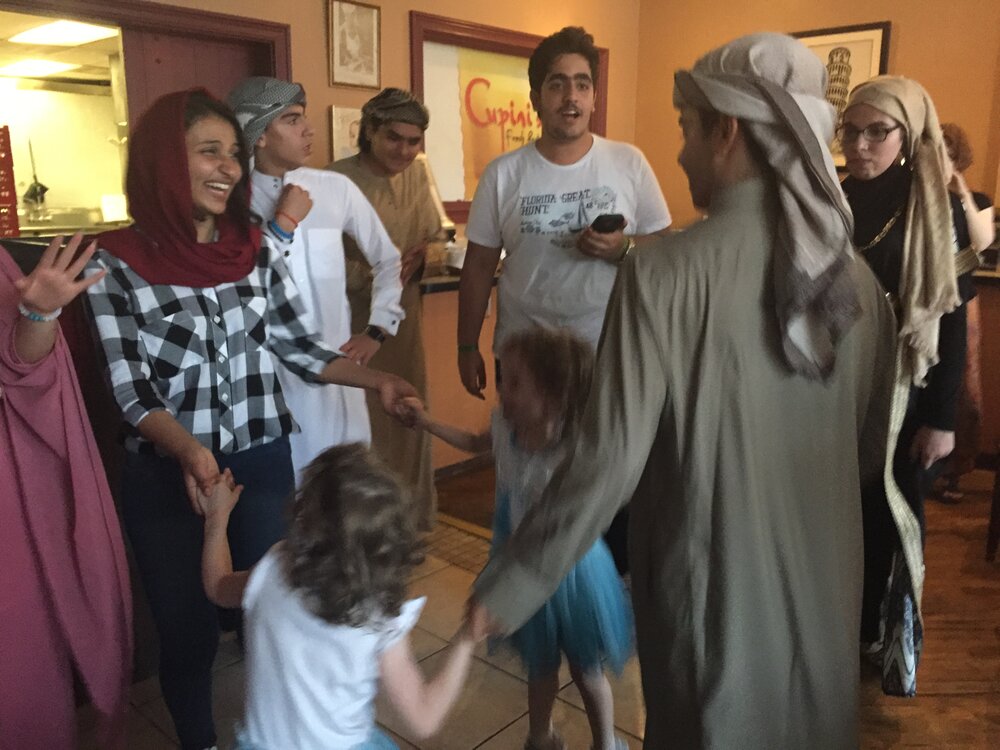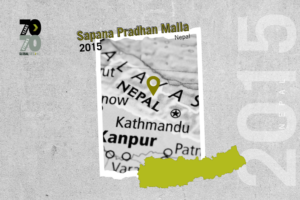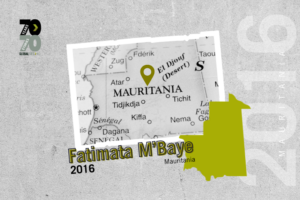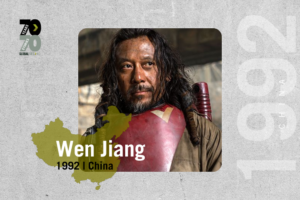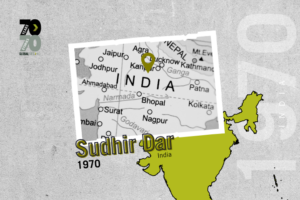IYLEP 2017 in Kansas City at their Closing Celebration
Last Thursday, Global Ties KC connected with former IYLEP (Iraqi Youth Leaders Exchange Program) participant Beshara Habeeb Chechman for a virtual conversation. Since returning to Iraq after visiting Kansas City, Beshara went on to accomplish a number of things, from registering for medical school to becoming a UNICEF influencer. She joined us last week to discuss her life as a second-stage medical student in Iraq, as well as her experience as a Chaldean Catholic minority. Throughout the conversation, Beshara’s message was clear: no matter where you are in life or what you are doing, take care of yourself, take care of others, and approach the world with kindness and peace.
Beshara began by telling the Global Ties KC audience about life as a medical student. Medical school, in and of itself, is no easy feat. In addition to her already heavy coursework and summer classes on anatomy, medical students everywhere are coping with adjustments being made during the time of COVID-19. It seems no matter where students are located around the world, they face similar anxieties, and Beshara approached this issue with compassion. She emphasized the importance of taking care of yourself mentally and developing other areas of your life that you care about while in school. Whether this meant taking time to participate in the arts or doing some yoga in the morning, prioritizing “me time” every day is important.

IYLEP 2017 in Kansas City visiting the Police Athletic League
Beshara also highlighted that medicine and patient care goes beyond the diagnoses, the prescriptions, and the treatment plans. In her studies and practice, Beshara has considered the treatment of humans to be something sacred and special; this means that an incredible amount of care must be at the center of the doctor-patient relationship. This same sense of human life being sacred and worthy of care has impacted many other facets of Beshara’s life. Beyond medical school, it means standing up for children with UNICEF on social media platforms, particularly on issues of early child marriage. It also means empowering youth in her community to have political knowledge and tools of advocacy. Beshara has taken the time to be involved in student life organizations that emphasize youth empowerment and noted that the more tools we give youth now, the better leaders they will become in the future.
In day-to-day life, it also means taking time to have honest conversations with folks about hard topics. Beshara noted her faith has certainly influenced these conversations. Rather than approaching someone you disagree with with a sense of anger or resentment, she recommended trying to reach a common ground first. Hear where the other person is coming from. Listen before speaking. When you do speak, let it be from a place of understanding. This can help difficult conversations become easier, and can center compassion and kindness in even the hardest places.
Global Ties KC was thankful to hear Beshara’s thoughts on bringing kindness to all elements of her life. On a final note, when we asked her what inspires her and who she looks up to, Beshara said she took inspiration from “a little bit of everything.” Every person, every place, every moment had something new to teach and give. Let’s challenge ourselves to find those moments in our day-to-day lives, and to see how we can use this inspiring sentiment to bring more kindness and understanding to our own communities.


